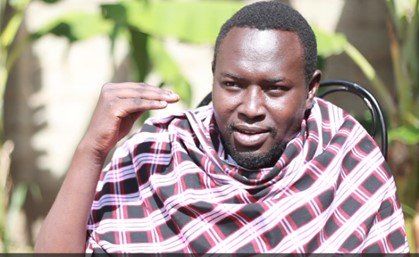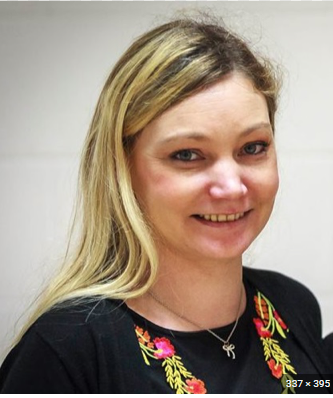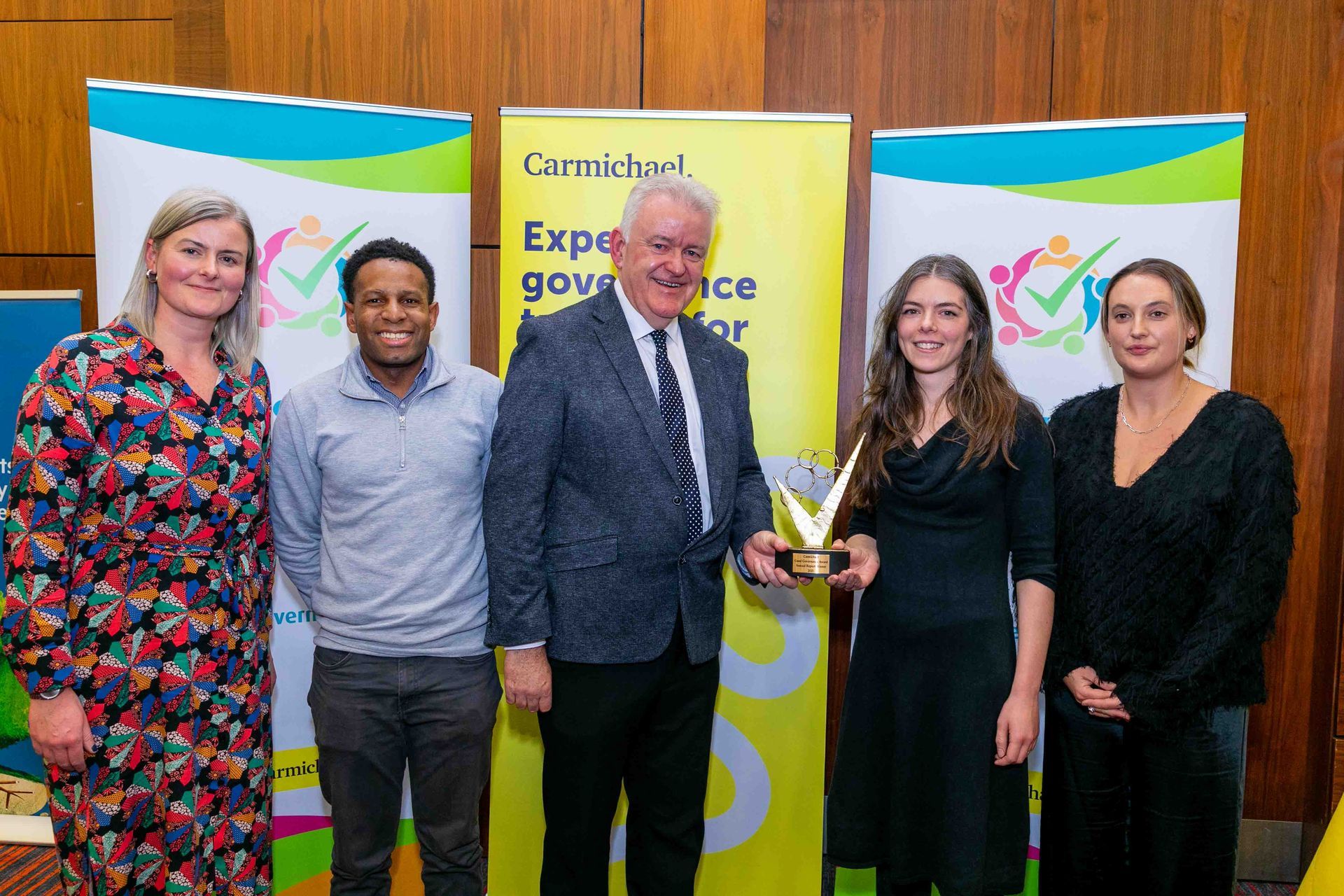Joseph Moses Oleshangay was born in Ngorongoro, Arusha Tanzania. He is a lawyer and practicing Advocate in Tanzania. He hold Bachelor’s Degree in Law (LL. B) and a Postgraduate Diploma in Legal Practice (PGDLP) from the law school of Tanzania.
From 2014, Joseph has worked in different capacities on general aspects of law and Indigenous rights advocacy in particular for the last five years, Joseph has been working with Legal and Human Rights Centre (LHRC) the leading Human right organization in Tanzania first as the legal aid attorney at Arusha. Thereafter, in coordinating loose network of 27 CSO to Observe the conduct of the 2019 and 2020 Elections in Tanzania.
Thereafter, Joseph was working on issues related to land tenure particularly on the marginalized group of Women, indigents, and indigenous Communities particularly in northern Tanzania. Joseph is the most known advocate for protection of Maasai land tenure and has assisted Masai in filing tenth of cases before local and regional Courts.
He is an expert both in law, conservation, indigenous affairs, democracy and governance.
Born and bred in Ngorongoro with a challenging economic and social justice, he has developed a special interest in rights of community legally living within and along the Tanzania protected areas and has been for over one decade been advocating for social and economic justice.
He served as consultants in different capacities in the fields of land tenure, governance, democracy, human rights. He is one and the key founder of Ramat, a law firm based in Arusha with special focus and keen interest in human rights and general land rights.
Beyond the mere question of bread and butter as an ordinary litigant, Joseph has been closely monitoring and largely expressed his views on the ongoing land issues in Ngorongoro and Loliondo.











